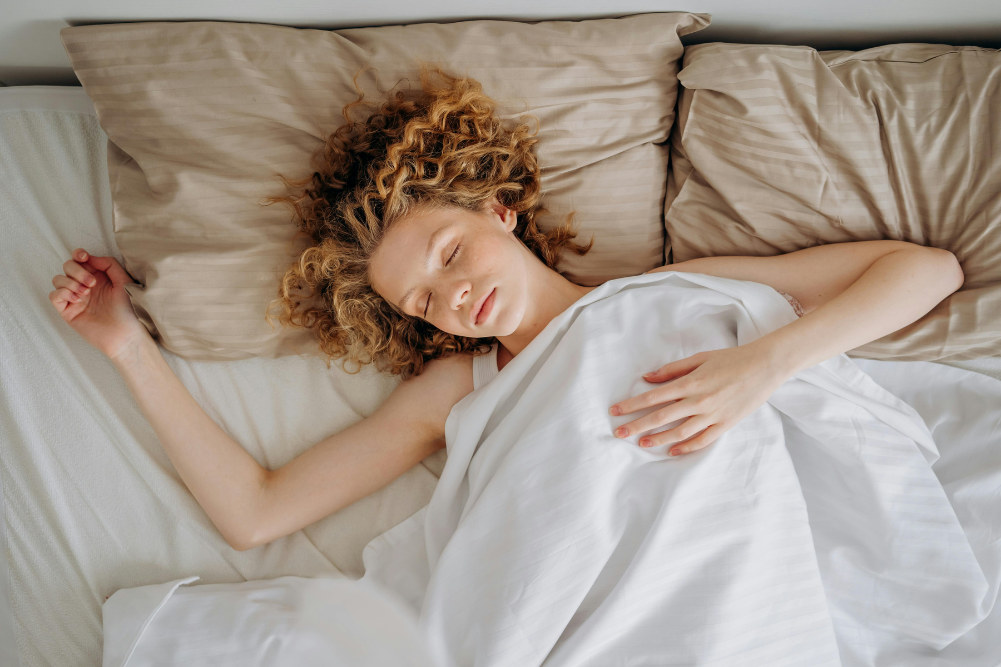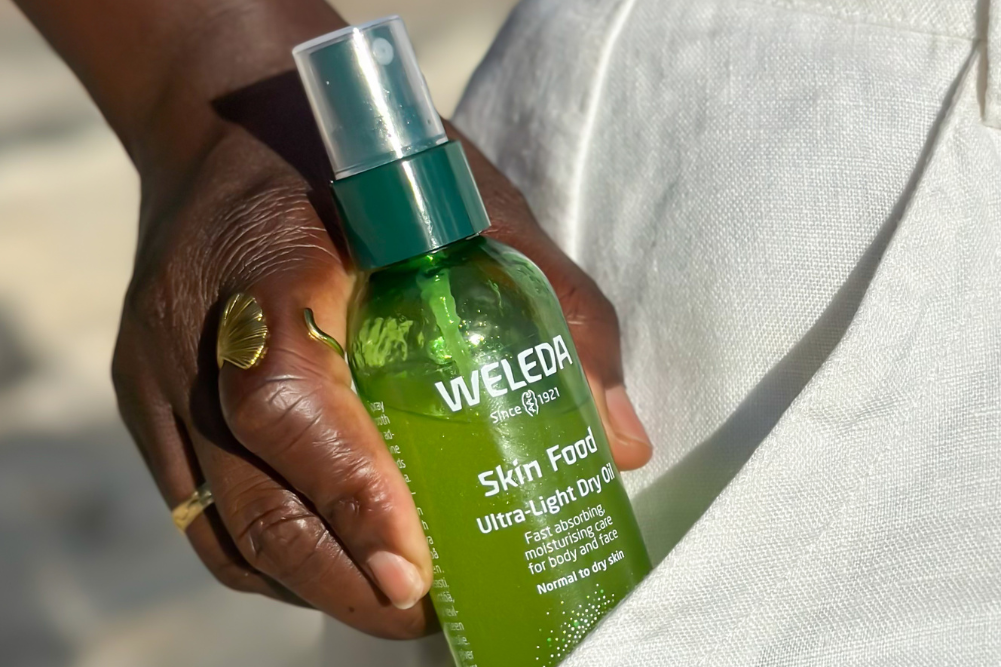Can Your Period Cause Iron Deficiency Anemia?
Menhorragia is defined as a heavy or prolonged period that interferes with quality of life. This is not a rare condition; in fact, heavy periods are common and it’s estimated that they affect approximately one in five women, which means that it’s highly likely that you or someone you know is faced with this challenge every single month.
Yet despite the multitude of sufferers, menhorragia is rarely talked about — especially when it comes to its relationship with iron deficiency anaemia.
“All women are at risk of iron deficiency — but women who have excessively heavy periods or who bleed heavily for three to four days or who bleed for more than seven days are more at risk of developing iron deficiency anaemia if they are not getting enough iron in their diet,” Dr Julia Bartrop, a Chinese Medicine Practitioner, says.
If you suffer from menhorragia, it’s advised that you keep an eye out for the symptoms of an iron deficiency to ensure you remain in best health. “Initially, symptoms are usually fatigue or lack of energy, and they can get progressively worse as time goes on if not detected,” Dr Julia says. “Other symptoms include easily bruising, and waking after eight hours of sleep but not feeling refreshed.”
In fact, this last symptom is a very strong indicator of a negative health condition. If you are waking after a substantial sleep period yet still feeling tired, it’s recommended you seek medical advice straight away.
Other symptoms of iron deficiency anaemia include poor healing or a prolonged healing time, blurred vision, and inflammation and ulcers in the tongue and mouth. Finally, shortness of breath, chest pain, light-headedness and dizziness are anaemia indicators, and sufferers may even experience weird cravings for things like dirt or ice.
The good news? Listening to your body and catching signs of iron deficiency anaemia early can make it easier to treat. If any of these symptoms present for you, it’s advised you seek medical advice straight away.
Treatment for this condition can vary, but focusing on iron intake is a common first response.
“If you are iron deficient and have heavy bleeding, you need to make sure that you are eating iron-rich foods in your diet and taking an iron supplement every second day to enable your body to absorb the iron and get the most out of the supplement,” Dr Julia says. “If you are feeling tired after taking a supplement for three months and your iron levels have not increased, please check with your doctor for other possible underlying issues that may be causing the deficiency such as Coeliac disease, fibroids and endometriosis, and PCOS (Polycystic Ovary Syndrome).”
Iron Rich Foods:
Foods that are high in iron include:
- eggs
- fish
- red meat
- pork
- kangaroo
- liver
- pate
- dried fruits
- nuts
- oats
- tofu
- lentils
- spinach and other dark, leafy greens
- soy beans
- blueberries
- sesame seeds
While a heavy period can be a cause of iron deficiency anaemia, an iron deficiency can also impact your menstrual cycle. “In severe deficiency cases it may cause your periods to stop, but more than likely, due to heavy bleeding and the body taking its time to replace the blood and iron, iron deficiency anaemia can lead to irregular periods,” Dr Julia says. “This means that if the anaemia is not treated in the long term, periods may stop entirely as there will not be enough blood or iron to form a lining for your period.”
When iron levels return to normal, it’s likely that your period will too — but everyone is different, and if you have any concerns, it’s important to consult your doctor.
On the flip side, women who take iron supplements may perhaps hope that their period is lighter — but it does not seem that that’s the case. “Normally they will not have that effect – however I did find a study done in 2016 which found that iron supplementation did have an effect on women’s periods,” Dr Julia says. “So I am unable to say conclusively that no, iron supplements don’t affect the period. But I would love to see more studies done on this.”
Dr Julia Bartrop is a Chinese Medicine Practitioner. For more information, visit rebalancetcm.com








